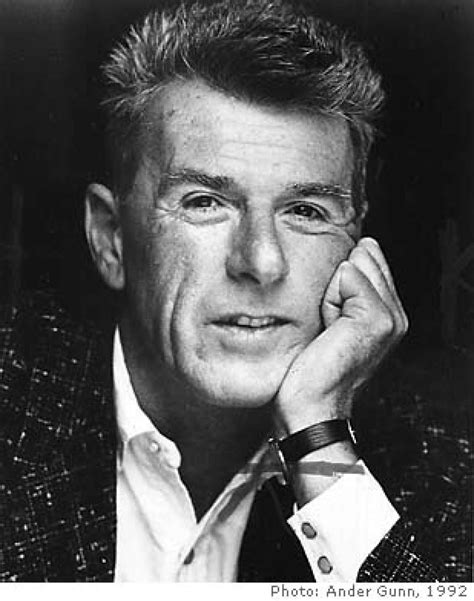Top 39 Quotes & Sayings by Thom Gunn
Explore popular quotes and sayings by a British poet Thom Gunn.
Last updated on April 14, 2025.
I'm not sure I had ever written a fan letter before to a poet I had not met, but that's what I did when I read two poems by Gregory Woods ... I admired them especially for their technical virtuosity, in that it was technique completely used, never for the sake of cleverness but as a component of feeling ... What an enviable talent Gregory Woods has























